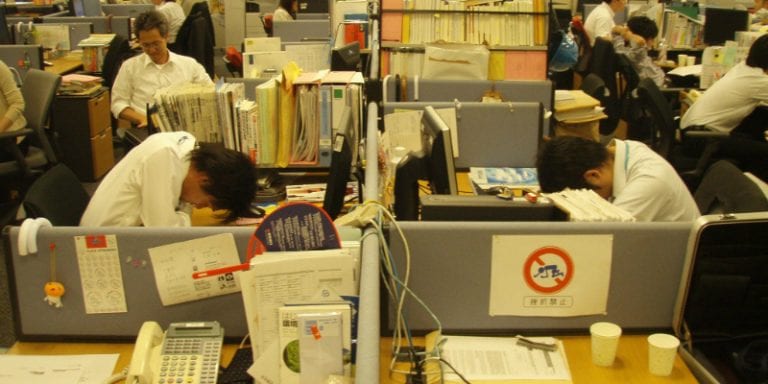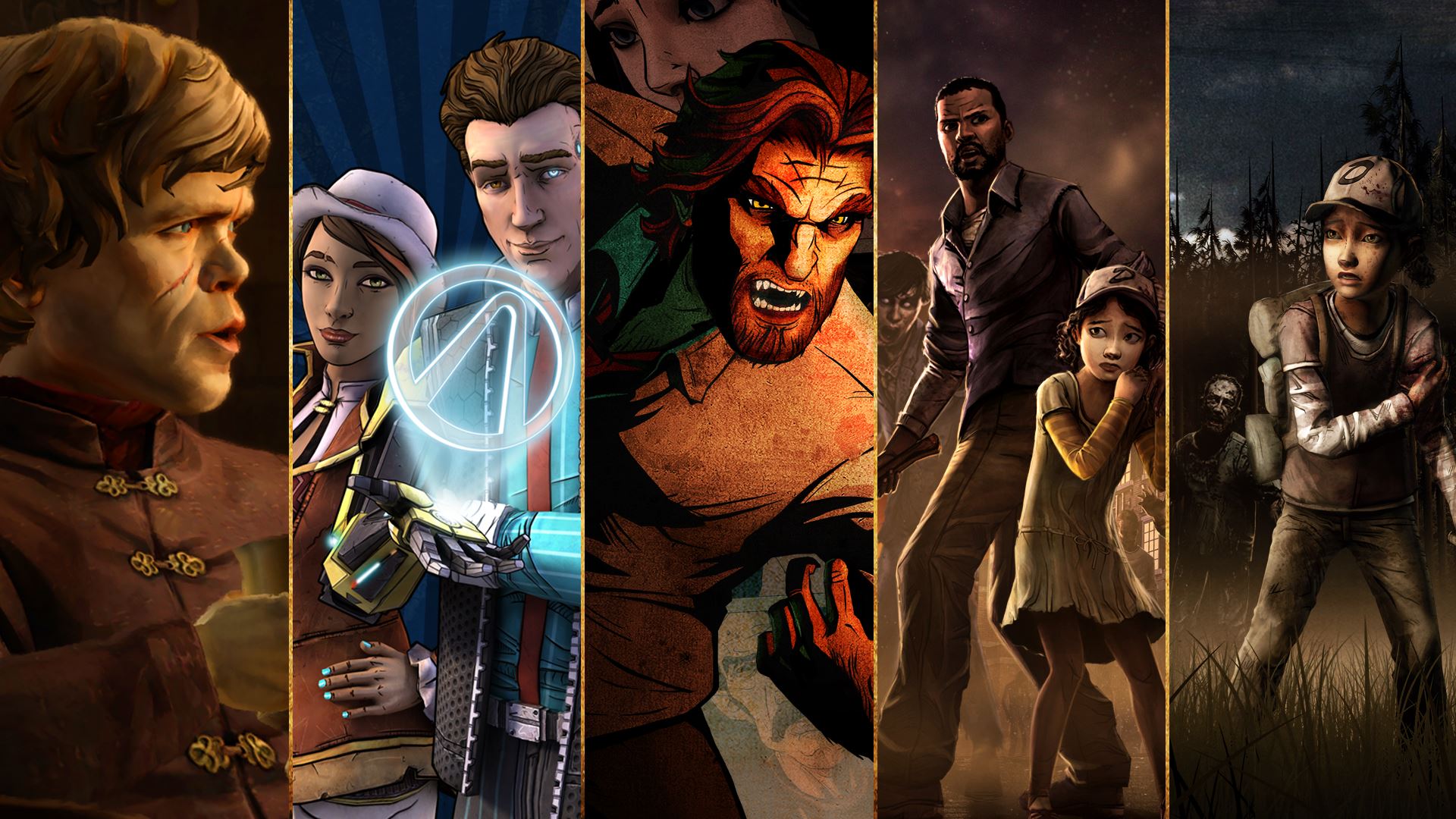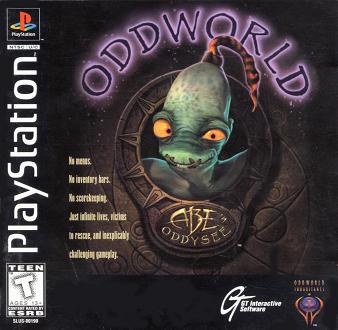I have been thinking a lot about unions recently. My wife and I recently joined a union in Japan to support us in a fight against our company who has refused to apply for “child-care” benefits for us. The union has had our backs while in talks with our company and it has been very helpful for us especially since we should be focusing on raising our child and working our jobs instead of trying to get benefits from the government that are rightfully guaranteed to us.

I come from a union family. Both my mother and father fought for the unionization of the their respective univerisities and they have both reaped the benefits of those fights.
Unions have been demonized in America for too long. We all know management hates the idea of unions because the organization of workers, weilding power to pressure them to fulfill the demands of the workers doesn’t usually fall in line with fulfilling the demands of the shareholders. Some workers also don’t like unions because they view them as taking hard earned money from their pockets. Others take advantage of unions by reaping the rewards of having a unions but not paying their dues to the the people who have done all the work for better pay and benefits that they and their families enjoy.
In games, since the beginning of the industry we have heard stories of developers working insane hours for the love of their job. In the days of Atari, we have documented a lot of first hand accounts of people who toiled away, empowered by cocaine and coffee to be able to finish projects for some arbitrary date assigned by their higher-ups.
Stories of Sega developers who slept at work for weeks or months to push out games were common place during the 8, 16, and 32 bit eras of gaming. While things have gotten somewhat better, Japan is still struggling with it’s overworking problem.

In Japan, just as in America, unions have lost a lot of power and because of that workers have been taken advantage of because of the loss of their power.
We have exponentially increasing inequality between the rich and the poor which is a product of the demonization of unions in the 80’s and 90‘s and an increased focus on shareholder profits above all else that helped bring down the US economy earlier this century. The middle-class is shrinking and video-game developers would very much qualify as middle-class.
Japan once had powerful teachers unions but, in Japanese culture, public workers are very much supposed to work for the public welfare. Things like strikes and fighting for more pay and better benefits (which would be paid for by taxpayers) goes against the directive to work for the public’s welfare. So, recently Japanese teachers have seen some of the worst pay-decreases and benefit cuts ever. They are expected to work long hours on weekends, unable to spend time with their own families, because they are spending time with the future generations of Japanese who will continue to kick this can down the road without change because that is the Japanese way.
I agree with Patrick Kelpek in his Waypoint article. The only way to stop this is to unionize the planet. Across the world, workers should stand up, forgo work, and fight for the hours, pay, and benefits that they think they are worth. Through a shared cause they should empower their brothers while forcing their employers to rethink shareholder focused business strategies. Workers need to demand a larger piece of the profit pie. They should sit down with their employers and try to find a place where their demands and the companies bottom line can meet to make everyone happy.
People need to be more selfish and more generous at the same time. They need to think about themselves and their families, while also thinking about their fellow workers and their familes.
In brotherhood we can do anything.





